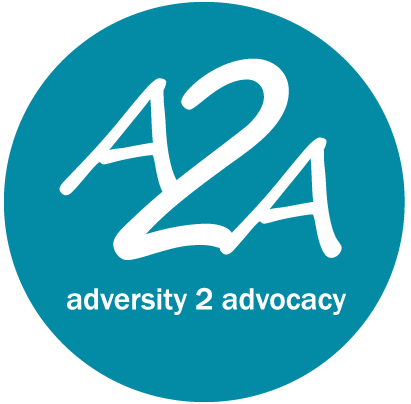Shannon Shy
Adversity: Battled OCD while on active duty with the U.S. Marine Corps
Advocacy: Published his OCD recovery story in “It’ll be Okay”
“It has been extremely rewarding and very therapeutic trying to help other people. Maybe that’s the reason my OCD is almost non-existent now – the fact that I’m helping others, trying to be a role model.”
Looking back, Shannon Shy can identify instances of OCD while he was attending Southwest Missouri State – such as the time he went on the road with his wrestling team and couldn’t shake the feeling that he’d left his electric blanket on back home and that he might burn down the residence he shared with 10 other guys. But it was in 1992, while he was serving as a U.S. Marine Corps Captain, based at California’s Camp Pendleton, that he really noticed his life beginning to change because of his compulsions. His OCD became increasingly worse through 1997, at which point he was stationed at Camp Lejeune in North Carolina. An incident one day on his way to the base pushed him to get help. “I was trying to get to work early one morning – this, after many years of being late for work because of checking (compulsions). I was heading to work, it was dark, and I stopped at an intersection and heard a unique sound like when you drop lumber on concrete. That’s what I thought it was. But as I drove away, the OCD kicked in and said it was a gunshot. I kept turning around trying to find the perpetrator, looking for the dead body.” About 45 minutes later he found a police officer and reported the imaginary victim. That’s when he knew he needed help. Despite his hesitancy to meet with a psychiatrist on base – unsure what the Marines would do if they found out about his condition – Shannon began treatment, a combination of drug and behavioral therapy. “I rarely get symptoms anymore, and when I do, I know what to do so that OCD doesn’t affect me,” he says. “I went from a point in 1997 when I thought of committing suicide every day to where I’m doing all sorts of things in my life, with my kids.”
Once he figured out how to deal with OCD, Shannon didn’t want any part of the condition, he says. “I didn’t want to be associated with OCD, so I kind of put it out to pasture. I put it really behind me and didn’t want anybody to know I had it.” That changed in 2006 when a woman confided in Shannon that she had OCD and he, in turn, did the same. His revelation, she told him, changed her life. She suggested he share his story with others, which he did in his book “It’s Okay: How I Kept Obsessive-Compulsive Disorder (OCD) from Ruining My Life.” “I thought, ‘Maybe that’s why God had me go through OCD. I really should try to help other people.’ For me, it was not altruism, initially. Then I figured out the value of helping people.” He recalls an instance in which a woman contacted him and said God answered her prayer when she found his book. Another woman shared that she had given his book to a friend whose daughter had OCD. “As she put it, my book saved the girl’s life. I really don’t know how to process that information. Words can’t express,” Shannon says. “When someone tells me they read the book and it helped them, it’s the greatest reward I can get.”


